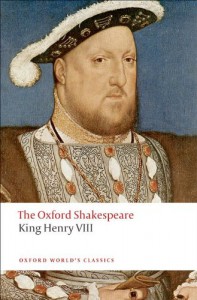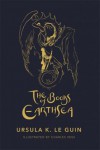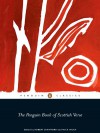Arbie's Unoriginally Titled Book Blog
It's a blog! Mainly of book reviews.
Currently reading
All is True (Henry VIII), William Shakespeare

Previously, things I've read covering the historically crucial events surrounding Henry VIII's divorce and subsequent break from the Catholic Church have focused on Wolsey, More, Cromwell and Henry himself, ignoring Katherine, whom Henry is dumping in favour of Anne Boleyn. This is different: Thomas More is conspicuous by his absence - he's not even name-dropped - and Katherine is very much front and centre of the middle part of the play.
Katherine and Wolsey are presented as Tragic figures: Katherine as undeserving victim, powerless but eloquent in her own, ultimately futile defence. Wolsey as worldly schemer for Rome and his own self-aggrandisement who ultimately repents, apparently sincerely and with great humility, when caught conspiring against the divorce and lining his own pockets from the national Treasury.
What of Henry? He reminds me of Julius Caesar; the instigator of the action but really not the dramatic lead. Intrigue, plots, chaos and death swirl around him but he remains mostly a cypher. He doesn't die half way through, like Caesar, of course. Instead he lives on to see Anne Boleyn betray his hopes by giving birth to a daughter. That daughter is prophetically praised in the final scene; the baby that will become the legendary Virgin Queen of Shakespeare's day and save Britain from Spain, Rome, all and sundry...
How much of the Tudor idolatry was merely political expediency is open to question, given the extremely sympathetic treatment of Katherine, the fact that Shakespeare was brought up in a Catholic household and the lack of any unequivocal statement about Will's own religious leanings.
The play impresses more by way of the characterisation and eloquence of Wolsey and Katherine than it does as a coherent drama as a whole.










